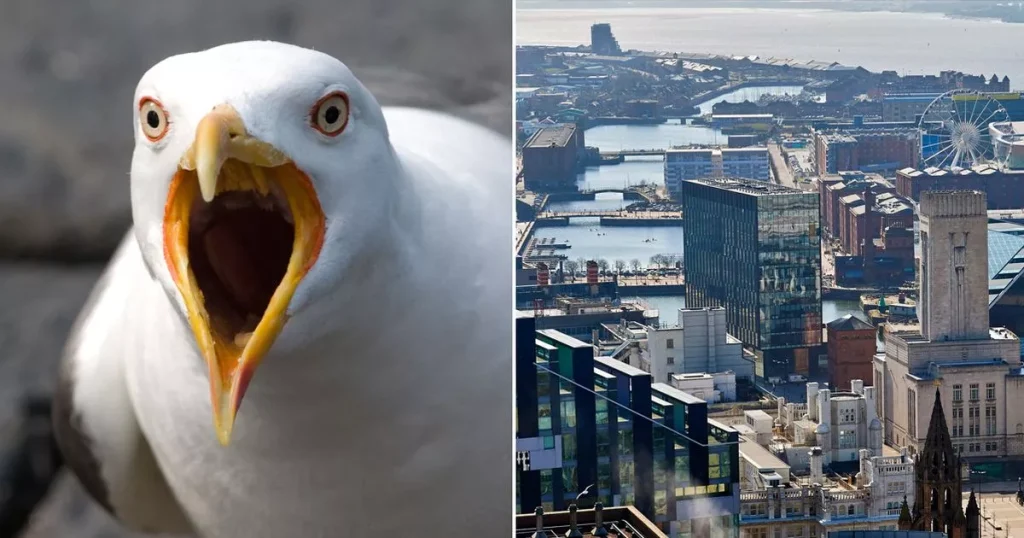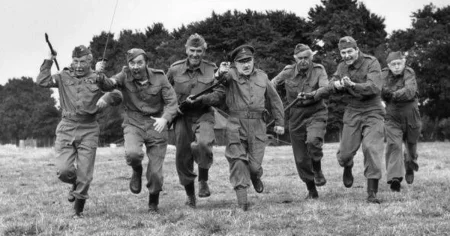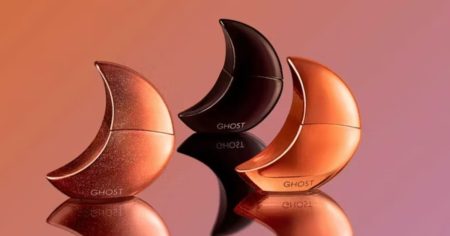The city of Liverpool is facing an invasion of giant seagulls that locals are referring to as “XL Gullies” due to their unusually large size. These gigantic birds are flocking to the area to feed on the increasing amount of litter and food waste being discarded in the city. Residents and visitors have expressed shock at encountering these oversized birds, with some describing them as “huge” and “off the scale.” The seagulls have been drawn inland by the abundance of food scraps and garbage left in the city center, prompting concerns about human behavior contributing to changes in animal populations.
Councillor Tom Crone, leader of Liverpool’s Green Party, has called for greater mindfulness in waste disposal and urged people not to litter. He highlighted the impact of discarded takeaways and disposable waste on seagull behavior, noting that the birds are skilled scavengers taking advantage of easy food sources. Crone emphasized the need for responsible waste management practices and questioned why food companies produce excessive disposable waste. The Liverpool City Council has initiated a campaign encouraging citizens to play their part in keeping the city clean and reducing attractants for seagulls.
The proliferation of “XL Gullies” in Liverpool has been attributed to the availability of food waste and litter. Locals have shared alarming encounters with these oversized seagulls, recounting instances where the birds aggressively snatch food from unsuspecting individuals. The birds’ size and bold behavior have startled residents, leading to calls for increased awareness and waste reduction efforts. The presence of the large birds has underscored the importance of sustainable waste management practices and responsible disposal methods to mitigate human-wildlife conflicts.
The influx of giant seagulls in Liverpool serves as a stark reminder of the environmental impact of littering and food waste. The city’s changing wildlife dynamics reflect broader issues of human behavior influencing animal populations and ecosystems. As seagulls capitalize on discarded food items and garbage, concerns about sustainable practices and waste reduction have come to the forefront. Calls for improved waste disposal habits and a reduction in disposable waste from food establishments highlight the need for collective action to address environmental challenges and preserve urban ecosystems for future generations.
The emergence of “XL Gullies” in Liverpool has sparked discussions about the intertwined relationship between human activities, waste management, and wildlife conservation. Councillor Crone’s advocacy for responsible waste disposal practices and mindful consumer behavior underscores the importance of individual actions in mitigating environmental impacts. The city’s campaign to promote cleanliness and reduce litter serves as a proactive step towards fostering a sustainable and healthy urban environment. By raising awareness about the consequences of littering and excessive waste production, Liverpool is taking strides towards fostering a more eco-conscious community and protecting its natural surroundings from adverse effects.
In conclusion, Liverpool’s encounter with giant seagulls highlights the need for environmental consciousness and sustainable waste management practices. The presence of “XL Gullies” underscores the impact of human behavior on wildlife populations and ecosystems, prompting calls for collective action to address environmental challenges. By promoting responsible waste disposal and reducing litter, the city aims to create a cleaner and safer urban environment for both residents and wildlife. The presence of these oversized birds serves as a reminder of the importance of preserving natural habitats and fostering harmonious coexistence between humans and wildlife. Through community engagement and advocacy for sustainable practices, Liverpool is working towards a more environmentally friendly and resilient future.















